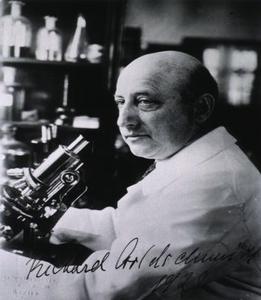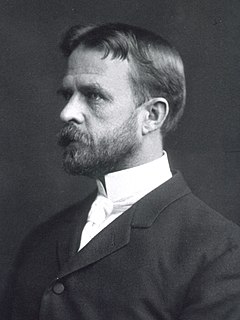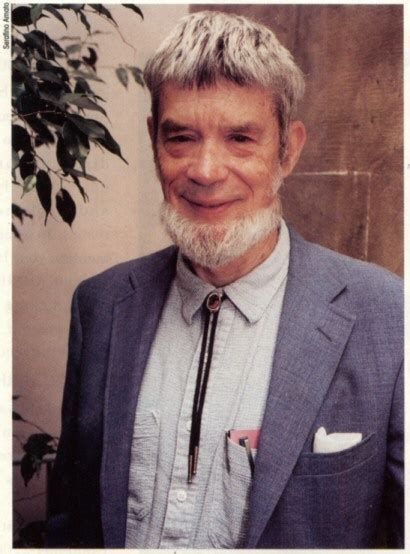A Quote by Ernst Mayr
The major novelty of my theory was its claim that the most rapid evolutionary change does not occur in widespread, populous species, as claimed by Most geneticists, but in small founder populations.
Related Quotes
The theory of natural selection is the centerpiece of The Origin of Species and of evolutionary theory. It is this theory that accounts for the adaptations of organisms, those innumerable features that so wonderfully equip them for survival and reproduction; it is this theory that accounts for the divergence of species from common ancestors and thus for the endless diversity of life. Natural selection is a simple concept, but it is perhaps the most important idea in biology.
Within the period of human history we do not know of a single instance of the transformation of one species into another one. It may be claimed that the theory of descent is lacking, therefore, in the most essential feature that it needs to place the theory on a scientific basis, this must be admitted.
The reduced variability of small populations is not always due to accidental gene loss, but sometimes to the fact that the entire population was started by a single pair or by a single fertilized female. These 'founders' of the population carried with them only a very small proportion of the variability of the parent population. This 'founder' principle sometimes explains even the uniformity of rather large populations, particularly if they are well isolated and near the borders of the range of the species.
If new species arise very rapidly in small, peripherally isolated local populations, then the great expectation of insensibly graded fossil sequences is a chimera. A new species does not evolve in the area of its ancestors; it does not arise from the slow transformation of all its forbears.
co-author with Niles Eldridge
The more evolutionary theory gets called an atheistic theory, the greater the risk that it will lose its place in public school biology courses in the United States. If the theory is thought of in this way, one should not be surprised if a judge at some point decides that teaching evolutionary theory violates the Constitutional principle of neutrality with respect to religion.
Mosts scientist are unable to arrive at a specific definition of biological evolution. “Biological evolution is… change in the properties of populations of organisms (you and me) that [happen during] the lifetime of a single individual. The changes in populations that are considered evolutionary are those that are inheritable via the genetic material from one generation to the next






























